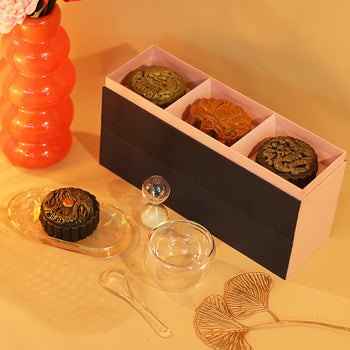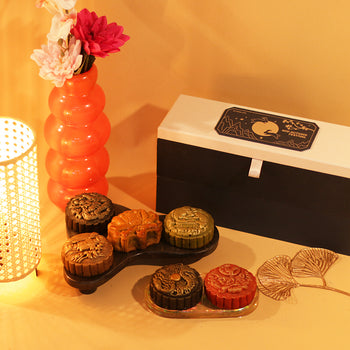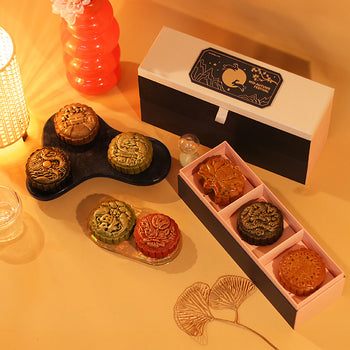- Home
- Situs LUXURY777
- Link LUXURY777
- LUXURY777 - Rajanya Situs Game Online Slot88 Gacor Paling Gampang Menang
- LUXURY777 merupakan rajanya situs game online Slot88 gacor paling gampang menang yang menghadirkan pilihan game slot terlengkap, sistem stabil, peluang menang tinggi, bonus menarik, dan layanan profesional untuk pengalaman bermain yang aman dan nyaman
LUXURY777 - Rajanya Situs Game Online Slot88 Gacor Paling Gampang Menang
Rp. 122
(90%)LUXURY777 merupakan rajanya situs game online Slot88 gacor paling gampang menang yang menghadirkan pilihan game slot terlengkap, sistem stabil, peluang menang tinggi, bonus menarik, dan layanan profesional untuk pengalaman bermain yang aman dan nyaman
Drag & Drop Photo file or Browse
Supports: JPEG, PNG, GIF, TIFF
LUXURY777
Wishlist

delivery option detail
delivery city jakarta
delivery date 24/03/2025
delivery time Afternoon | 13:00 - 18:00
delivery option detail
RECIPIENT NAME jane doe
delivery address Jl. Gatot Subroto No. 25, RT.2/RW.4, Kuningan Barat, Kecamatan Mampang Prapatan, Kota Jakarta Selatan, Daerah Khusus Ibukota Jakarta 12710, Indonesia
recipient phone number (+62) 812-3456-7890
PROVINCE Jakarta
postal code 12710
add-ons (0)
- LUXURY777 merupakan rajanya situs game online Slot88 gacor paling gampang menang yang menghadirkan pilihan game slot terlengkap, sistem stabil, peluang menang tinggi, bonus menarik, dan layanan profesional untuk pengalaman bermain yang aman dan nyaman

LUXURY777 - Rajanya Situs Game Online Slot88 Gacor Paling Gampang Menang
LUXURY777 hadir sebagai rajanya situs game online Slot88 gacor paling gampang menang yang menawarkan pengalaman bermain slot online terbaik dengan koleksi permainan terlengkap dari provider populer, sistem permainan stabil, kecepatan akses tinggi, serta peluang kemenangan yang lebih optimal untuk semua pemain. Melalui dukungan teknologi modern dan keamanan data yang terjamin, LUXURY777 memberikan kenyamanan bermain tanpa gangguan, ditambah dengan berbagai bonus menarik, promo rutin, dan layanan profesional yang siap membantu 24 jam. Dengan reputasi sebagai situs terpercaya dan performa game yang konsisten gacor, LUXURY777 menjadi pilihan utama bagi pecinta game slot online yang ingin meraih kemenangan besar secara aman dan menyenangkan.










